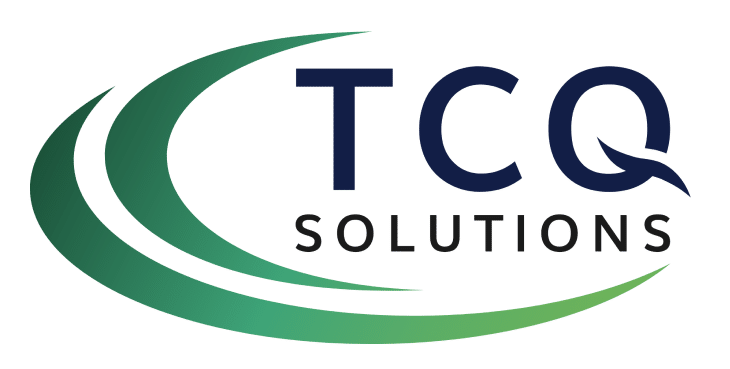
Role of Business Broker

Role of a Business Broker
A business broker serves as an intermediary between business owners and potential buyers, ensuring a smooth, efficient, and successful transaction. Their expertise spans valuation, marketing, negotiation, and transaction management, enabling owners to maximize the value of their business while reducing the complexity and stress of the process.